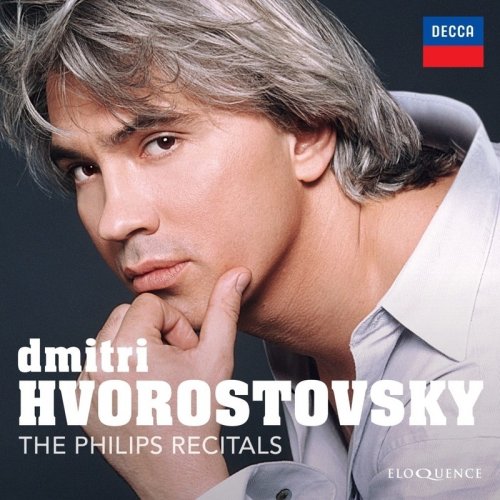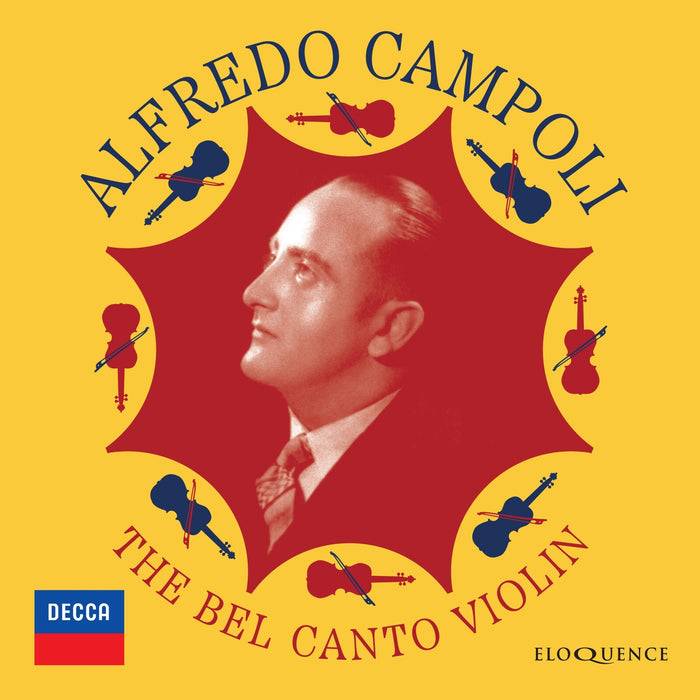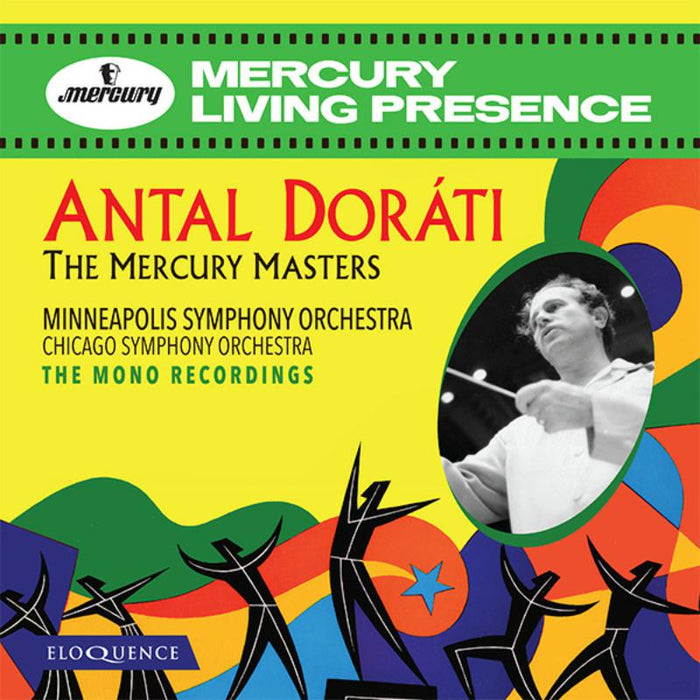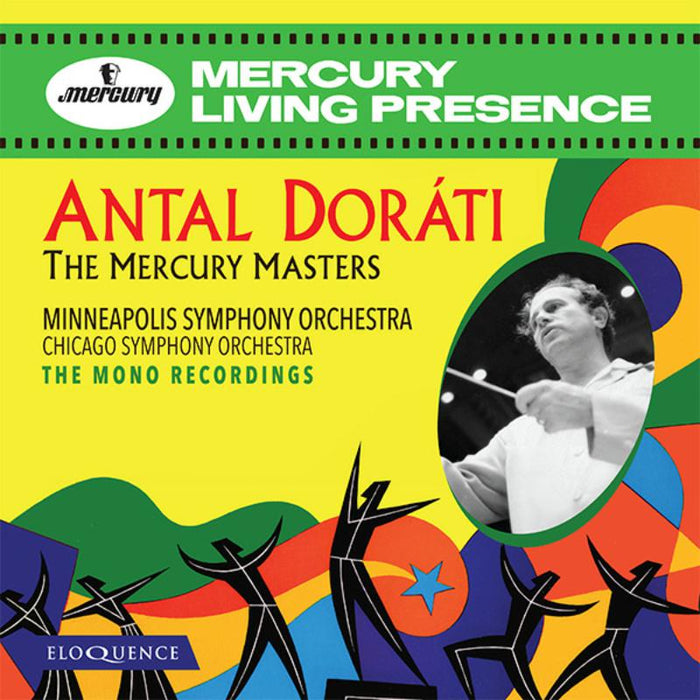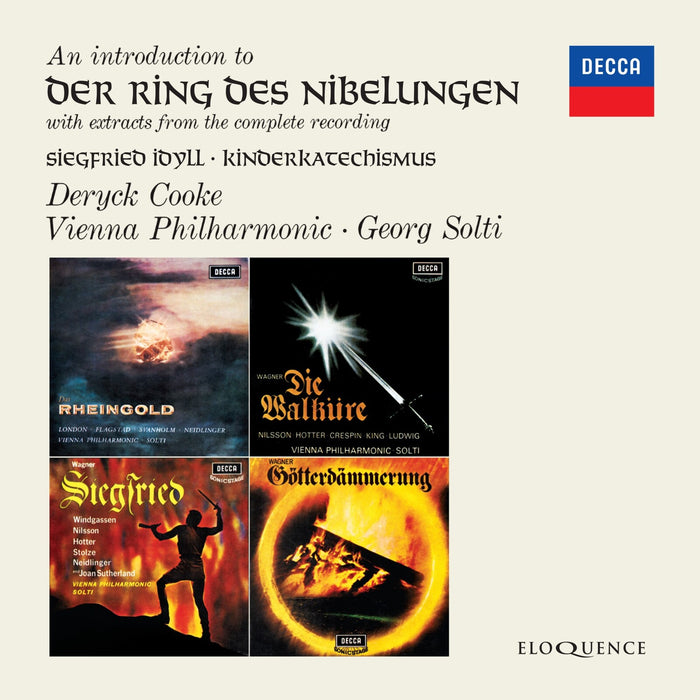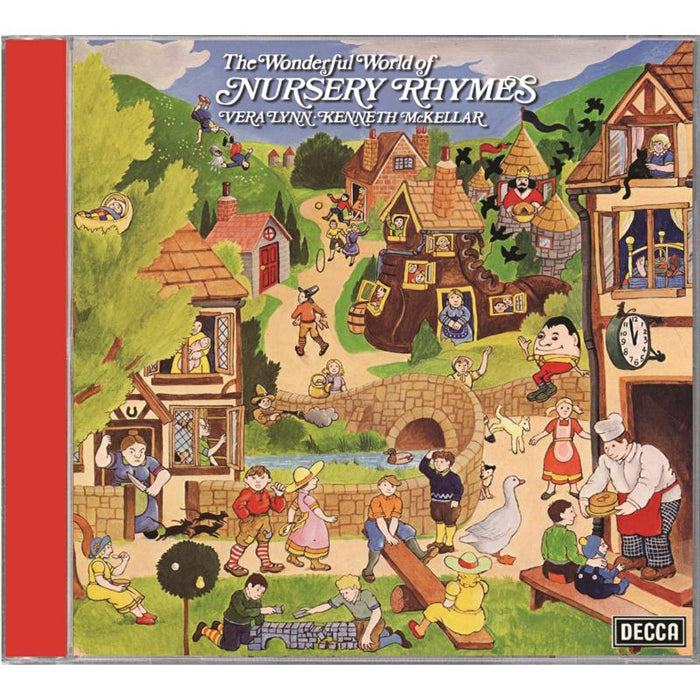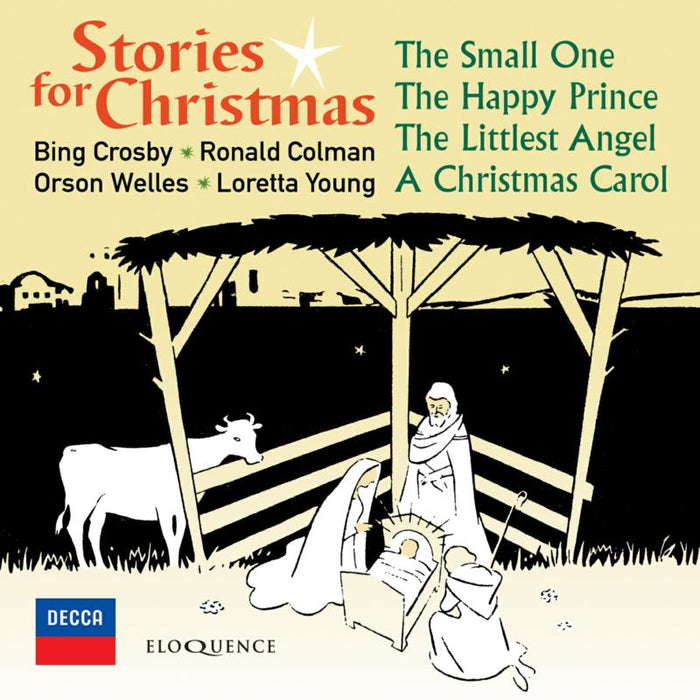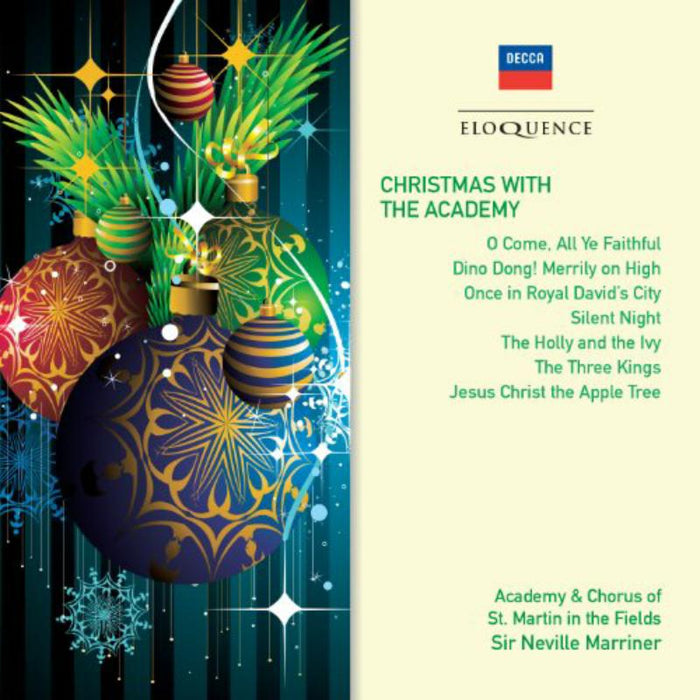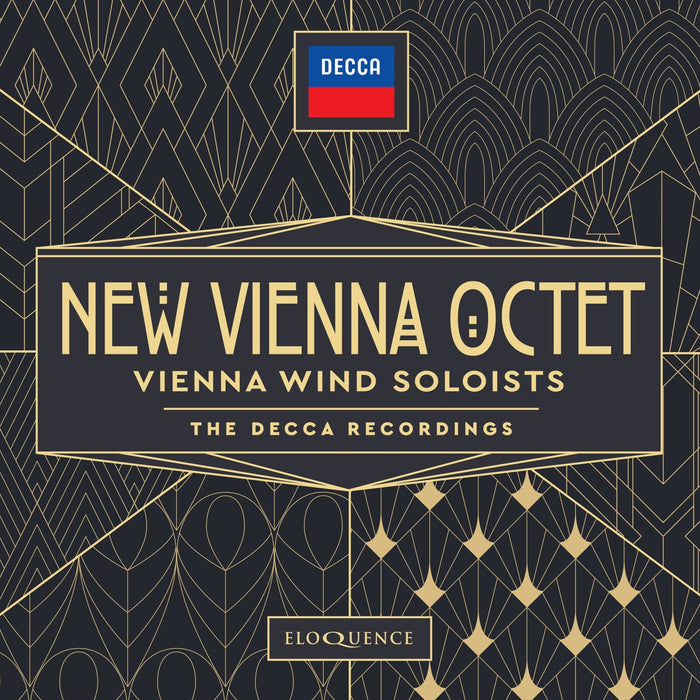Description
A quarter-century of postwar Bayreuth recordings, made live at the Festspielhaus by Decca, DG and Philips: this is an absorbing history in sound of Wagner interpretation featuring several albums of timeless authority.
This survey of Wagner's mature operas, excluding the Ring, takes the listener from Parsifal in 1951 under Hans Knappertsbusch, through to Die Meistersinger von Nurnberg under Silvio Varviso in 1974. Both the 1951 Parsifal and Lohengrin from two years later, under Joseph Keilberth, were captured in 'ffrr' mono by the legendary Decca team of engineers under the supervision of John Culshaw. Decca continued to work at Bayreuth until 1955, capturing Der fliegende Hollander, also under Keilberth, in a superb example of Decca's early stereo sound.
The casts were often youthful, but coached by the Festival co-director Wieland Wagner into an intense engagement with text and music. Performances here by Wolfgang Windgassen, Hermann Uhde, Ludwig Weber, Birgit Nilsson and others reach a special level of long-breathed intensity almost impossible to sustain under studio conditions.
None of the conductors involved had worked at Bayreuth before the war. Keilberth, Wolfgang Sawallisch and Karl Bohm all engaged with Wieland in finding a new, flowing but dramatically inflected style in Wagner. Something of this New Bayreuth style also infuses Knappertsbusch's 1962 Parsifal with a unique combination of mystery and rapture. The set includes a previously unpublished radio interview with Irene Dalis and George London, the Kundry and Amfortas in that performance.
Like Knappertsbusch's Parsifal, the Tristan und Isolde under Bohm in 1966 was rapidly recognised as a classic of the gramophone and has hardly been out of print since then, but it is reissued here with the rehearsal sequence included on the final LP of the original set. This 'Original Covers' box also includes a booklet essay by Peter Quantrill which explores the history of post-war Bayreuth and the circumstances of each recording.


